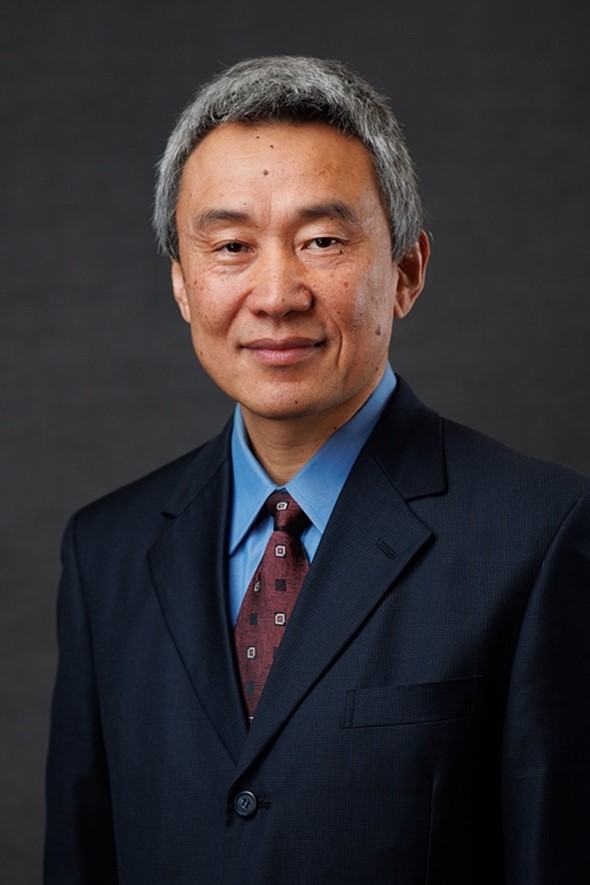Fei Liu, PhD

Associate Professor
Contact
Cell Biology and Genetics
Institute for Regenerative Medicine
242B Reynolds Medical Building
College Station,
TX
77843
fliu@tamu.edu
Phone: tel:979-436-9642
Biography
Fei Liu received his Ph.D. degree in immunology from the 4th Military Medical University in Xi’an, China in 2002. His postdoctoral work was in developmental biology at Dr. Stefan Hoppler’s laboratory at the University of Dundee and University of Aberdeen in United Kingdom, then at Dr. Sarah Miller’s laboratory at the University of Pennsylvania. He started his independent research career at Texas A&M University from October 1, 2008, as an assistant professor and was tenured and promoted to associate professor September 1, 2014.
His research is continuously supported by federal grants from the National Institutes of Health (NIH) and Department of Defense (DoD).
Liu directs graduate courses MSCI_601 Principles of Basic Medical Sciences and GENE/MCMD_677 Genes and Diseases. He also teaches multiple other graduate courses and Medical Student Grand Rounds. Liu is a chair or member of advisory committees for master's and Ph.D. students. Liu also hosts high school and undergraduate students for summer research and directed study courses.
For national services, Liu is a member in multiple grant review panels of NIH including National Institute of Dental and Craniofacial Research (NIDCR), National Cancer Institute (NCI), National Institute of Allergy and Infectious Diseases (NIAID), National Center for Advancing Translational Sciences (NCATS), National Heart, Lung, and Blood Institute (NHLBI), and Special Emphasis Panels. For international services, Liu is a member of grant review panels of funding agencies in United Kingdom, Switzerland, Poland, Israel, and Austria. Since 2023, Liu serves as an associate editor of the journal Frontiers in Bioengineering and Biotechnology. Liu also serves as a symposium organizer and session chair for annual conferences of International Association for Dental Research (IADR) and American Association for Dental, Oral, and Craniofacial Research (AADOCR). For institutional services, Liu is a member of multiple committees in Texas A&M University, Texas A&M University Naresh K. Vashisht College of Medicine, and the Department of Cell Biology and Genetics.
Education and Training
- The 4th Military Medical University, China, MB, 1995
- The 4th Military Medical University, China, PhD, 2002
- University of Dundee/Aberdeen, Scotland, Postdoc, 2005
- University of Pennsylvania, USA, Postdoc, 2008
Research Interests
- Liu's first research interest is the pathogenesis and novel therapies of severe dry mouth caused by radiation therapy or autoimmune responses. Both types of dry mouth are common and difficult to treat and greatly impair the quality of life. Liu lab found that a type of local immune cells, salivary gland tissue resident macrophages, is essential for the restoration of saliva secretion after radiation damage. Current work is on the dynamic changes of these cells during development, homeostasis, and regeneration, as well as approaches targeting these cells to promote functional tissue repair.
- Liu's second research interest is the standardization and application of mesenchymal stem cells and their products in therapies for diseases related to abnormal immune responses or tissue degeneration. Liu lab established standardized human mesenchymal stem cells from induced pluripotent stem cells with limitless expandability and successfully applied these stem cells and their extracellular vesicles to treat cancer, autoimmune diseases, and radiation damages. Current work is on the mechanisms underlying therapeutic effects of these extracellular vesicles and corresponding approaches to improve therapeutic efficacies.